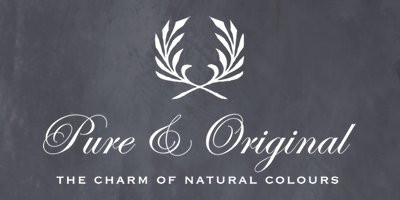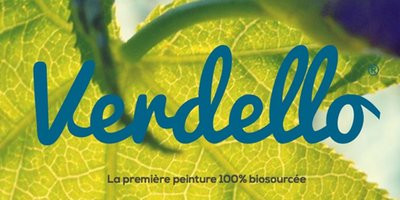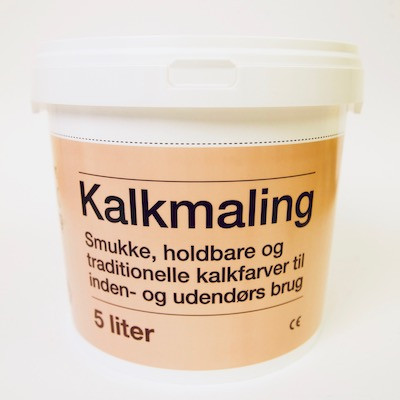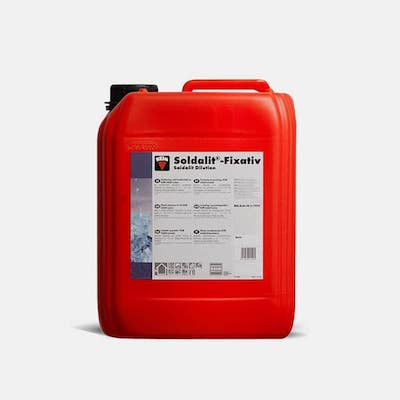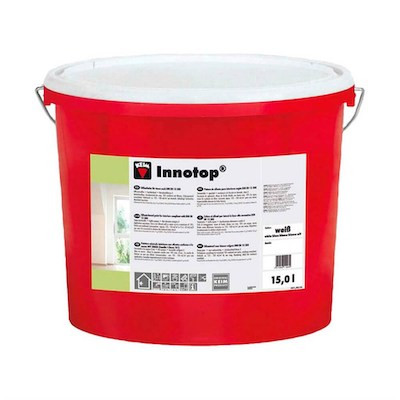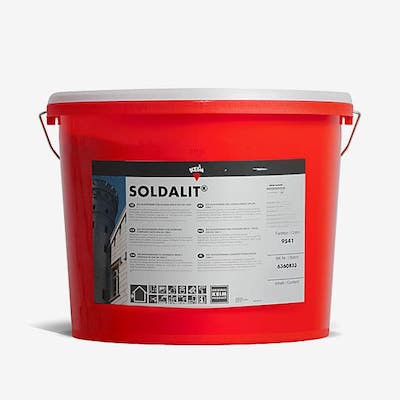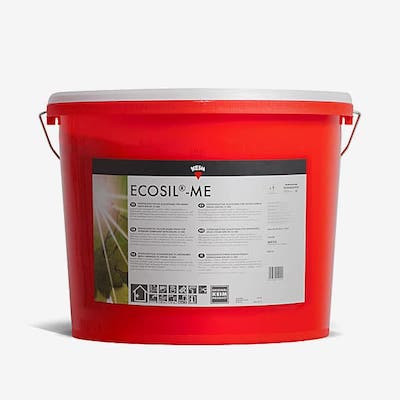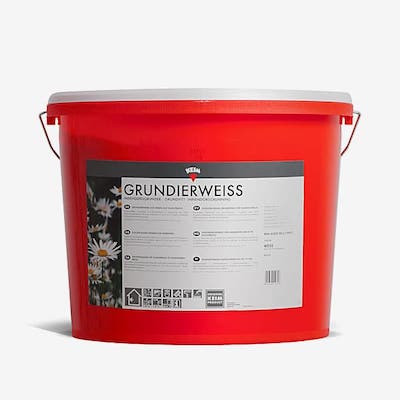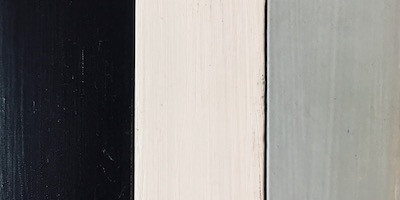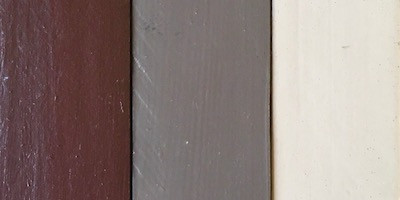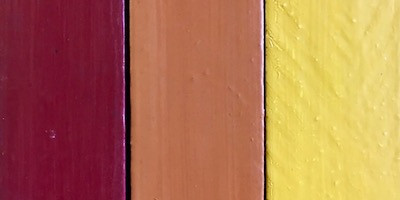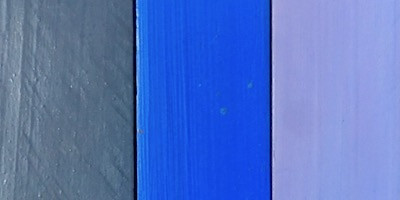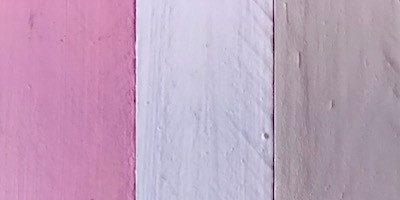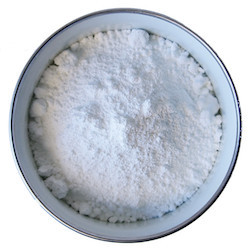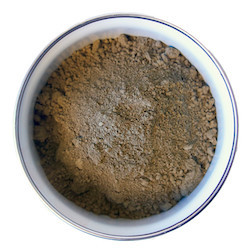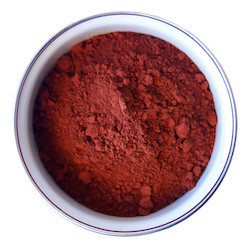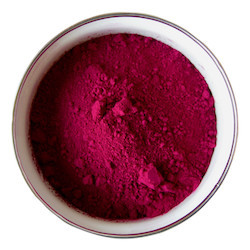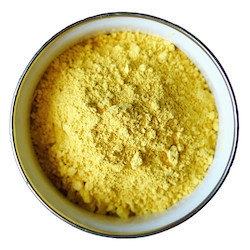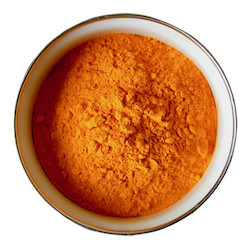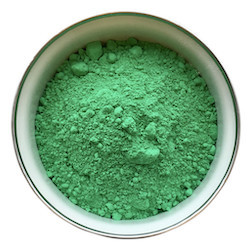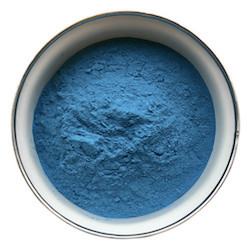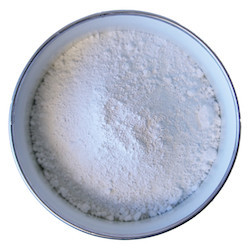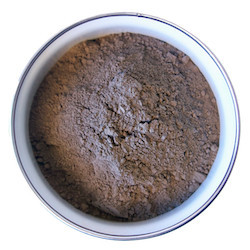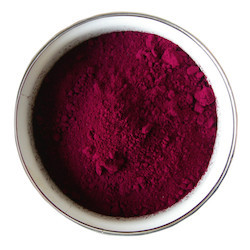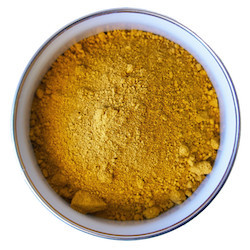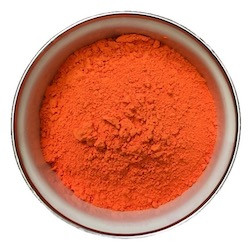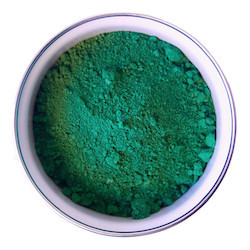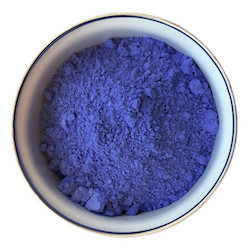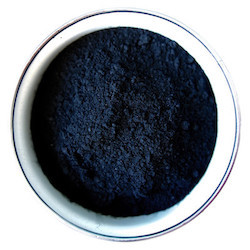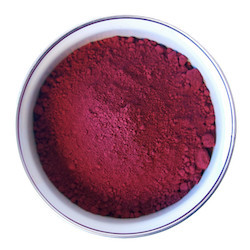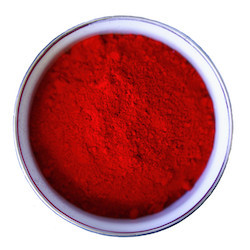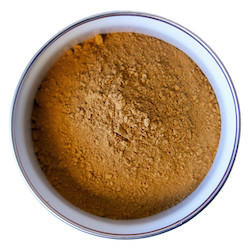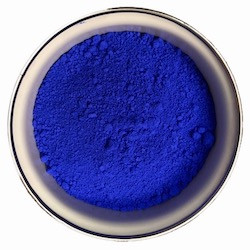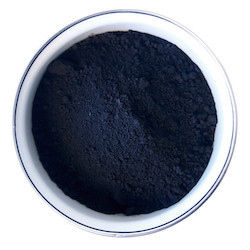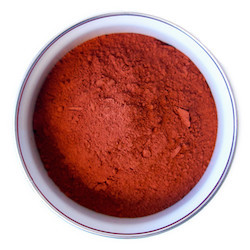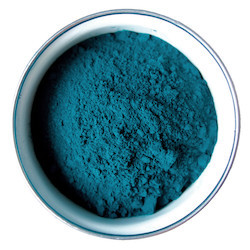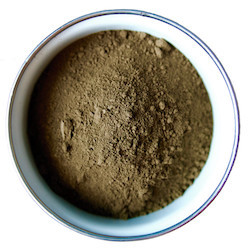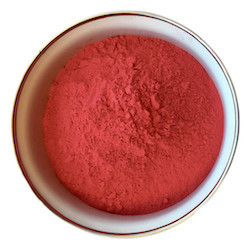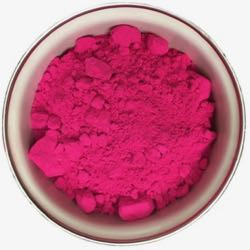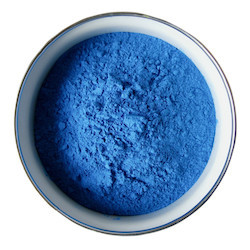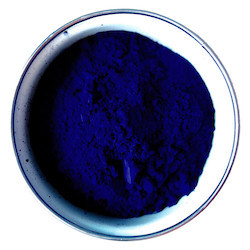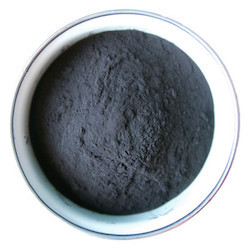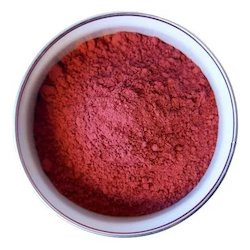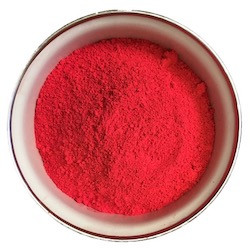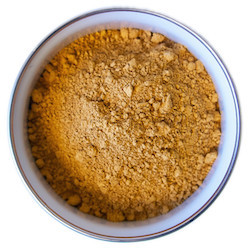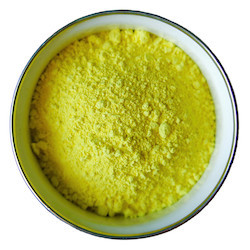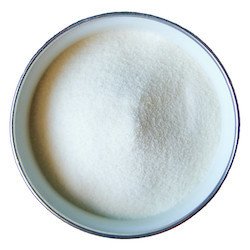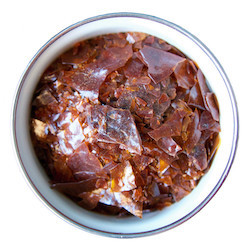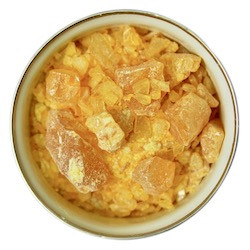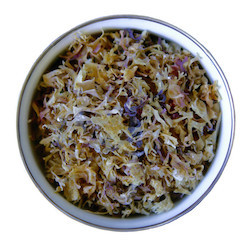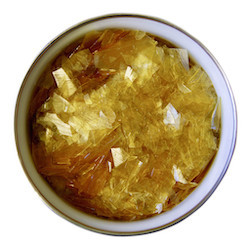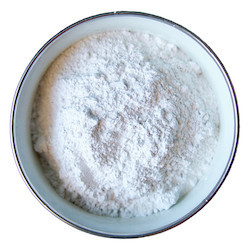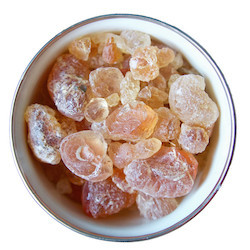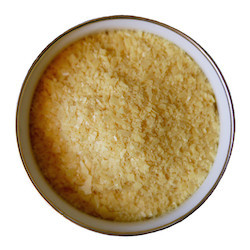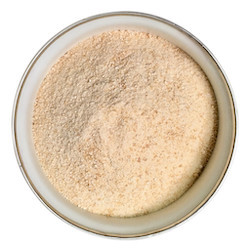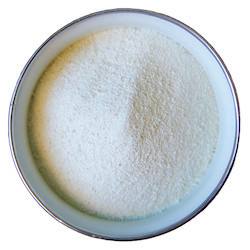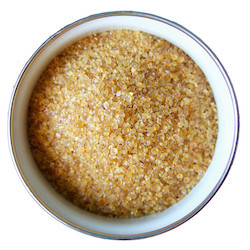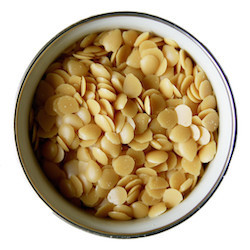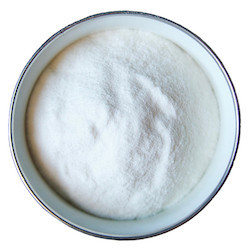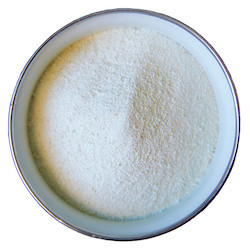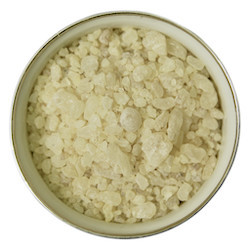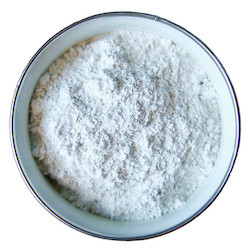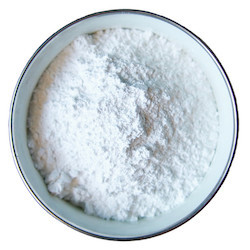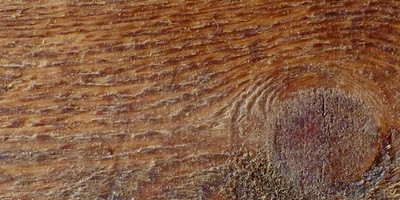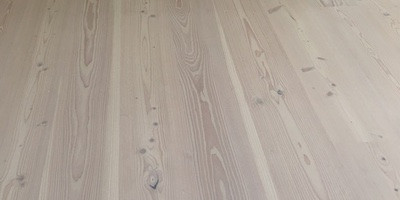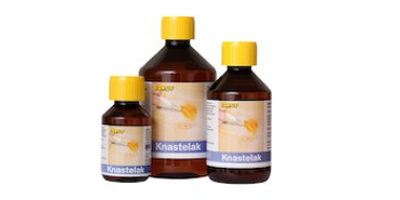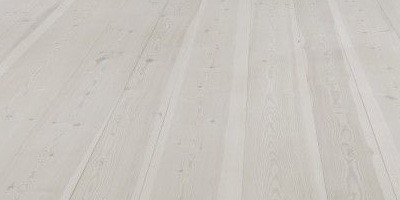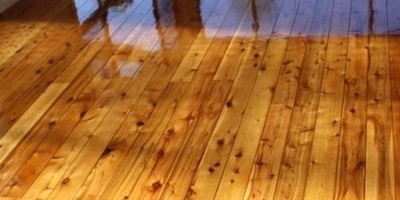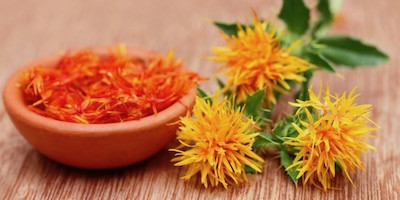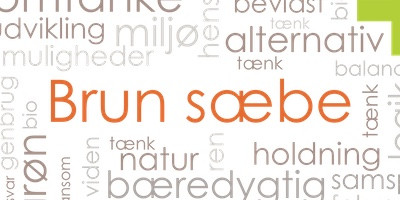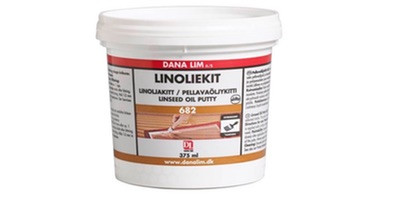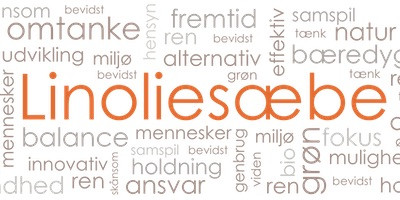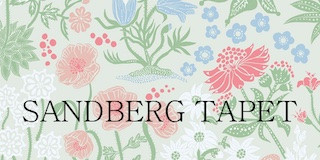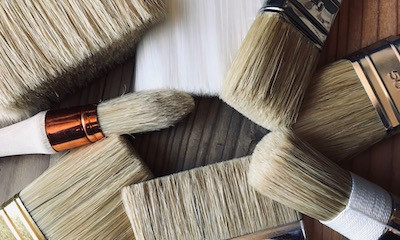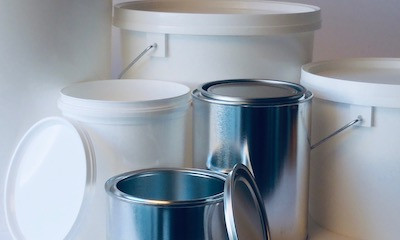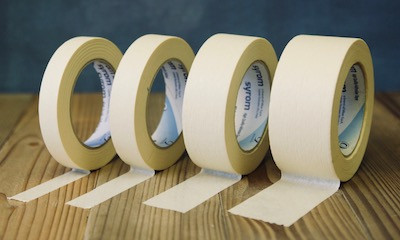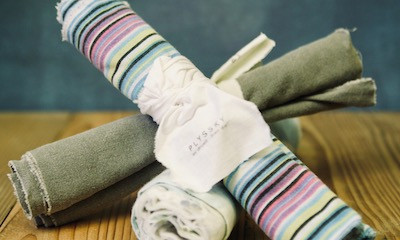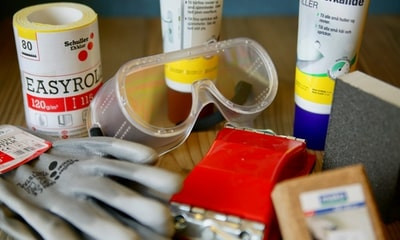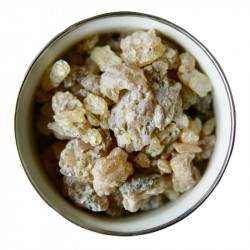-
MenuBack
-
Wall paint
-
-
Nature PaintOur very own wall and ceiling paint, appears matte and is also available in a many colors.
-
Beeswax washBeeswax Wash gives a contrasting look, with a natural play in the surface. For indoor use only.
-
-
Pure & OriginalLime paint for interior use, available in a multitude of pretty and beautiful colors
-
Pure & Original
-
St Astier lime paintLime paint from the Nordic NHL for interior and exterior use. Available in 24 standard colors
-
-
VerdelloA 100% bio-based paint that appears flat, and at the same time is very durable.
-
Verdello in colors
-
Glue PaintGlue paint colors, reflects the light in a soft and felt-like way, and gives the colors a beautiful and soft expression
-
-
Keim SilicateKeim silicate paint is a durable solution that can be used both indoors and outdoors.
-
TemperaTempera is a beautiful, classic and beautiful paint for walls and ceilings.
-
-
Masonry
-
-
Oil Paint
-
-
PIGMENT
-
-
Glue & wax
-
-
Woodwork
-
-
Wallpaper
-
-
Osborne & Little
-
-
Borås tapeter
-
-
-
Accesories
-
Copal
Copal
Copal usually refers to an aromatic resin derived from the dried sap of the Copal tree, Protium copal, which is native to Mexico and Central America. However, this is only one of a large group of copal resins of recent, semi-fossil and fossil origin found in many tropical and subtropical regions of the world.
Copal is sold in a variety of hard forms ranging in color from almost transparent milky white to yellowish brown. Copal contains negligible amounts of essential oil and dissolves in alcohol and other organic solvents when heated.
Properties
Copal is a semi-fossil resin, which is used in the production of lacquers and as an additive to paints. Copal has a very high melting point - higher than dammar - and dissolves only with difficulty in heated linseed oil. Copal dissolves most easily in alcohol, which gives a quick-drying alcohol varnish with a beautiful high gloss. In oil varnishes, copal gives strength, shine and flexibility to the varnishes. Oil copalcoats are slow drying, and it is therefore recommended to add a siccative.
In the eighteenth and nineteenth centuries, copal was widely used by artists as a coloring agent that gave gloss, transparency and viscosity to oil paint. Today it is used less often.
Copal is described as non-toxic.
ATTENTION! REMEMBER THAT HEATING OILS AND WAX CAN BE ASSOCIATED WITH A FIRE HAZARD
It is at your own expense to mix oils & wax when heating. Decor colors disclaims any responsibility.
Copal
There is 1 product.
Active filters



